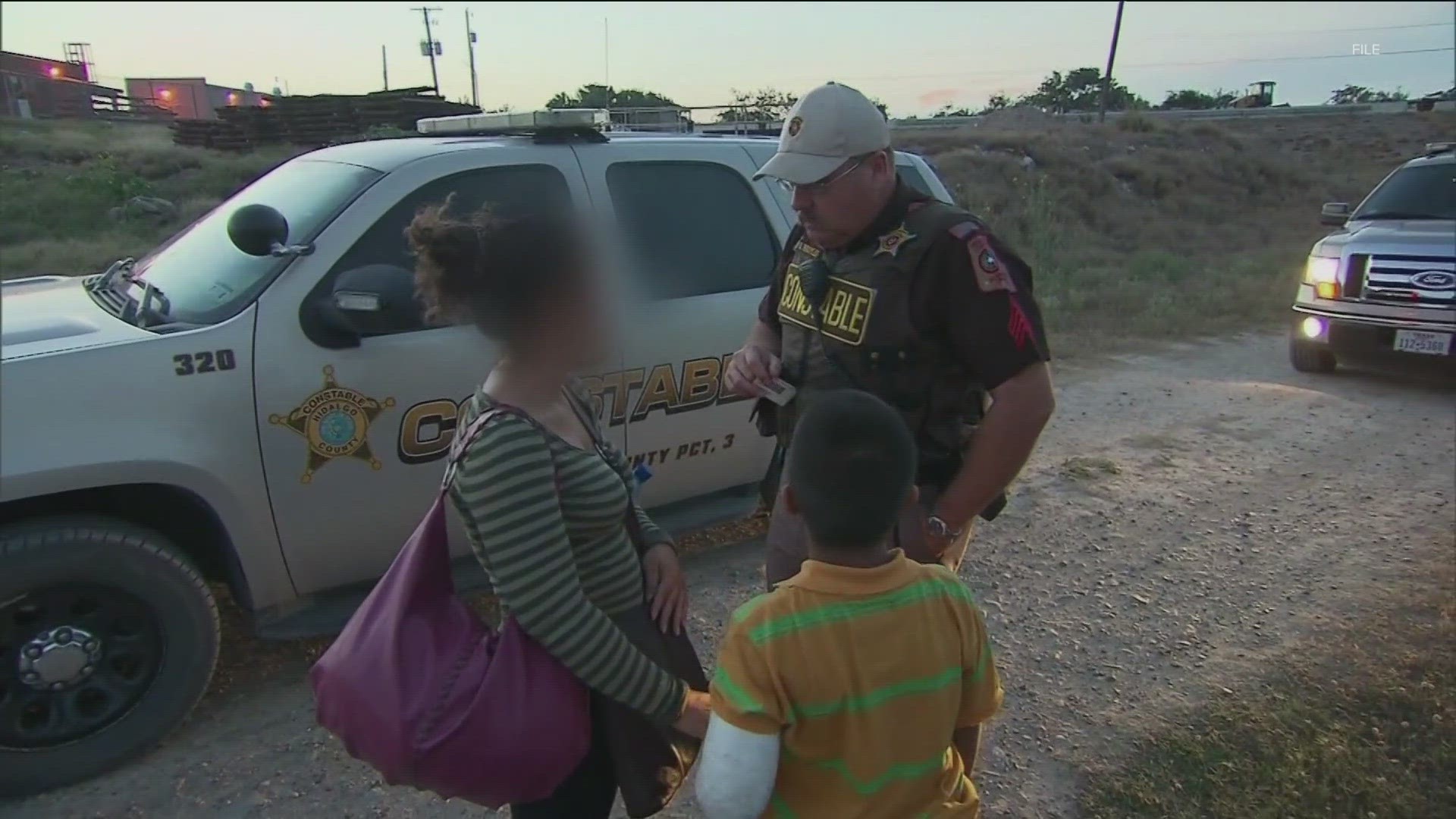NEW ORLEANS — A Texas law that allows the state to arrest and deport migrants suspected of illegally entering the U.S. will remain on hold for now, a federal appeals court ruled.
The order late Tuesday from the 5th U.S. Circuit Court of Appeals followed a March 20 hearing by a three-judge panel of the court. It’s just the latest move in a seesaw legal case that is not yet over.
The Justice Department has argued that Texas’ law is a clear violation of federal authority and would create chaos at the border. Texas has argued that President Joe Biden’s administration isn’t doing enough to control the border and that the state has a right to take action.
The law was in effect for several hours on March 19 after the U.S. Supreme Court cleared the way. But the high court didn’t rule on the merits of the case. It instead sent the case back to the 5th Circuit, which then suspended enforcement while it considered the latest appeal.
The latest ruling keeps the block in place.
The law signed by Abbott allows any Texas law enforcement officer to arrest people suspected of entering the country illegally. Once in custody, migrants could either agree to a Texas judge’s order to leave the U.S. or be prosecuted on misdemeanor charges of illegal entry. Migrants who don’t leave could face arrest again under more serious felony charges.
Texas did not announce any arrests during the brief time the law was previously in effect. Authorities have offered various explanations for how they might enforce the law. Mexico has said it would refuse to take back anyone who is ordered by Texas to cross the border.
The law is considered by opponents to be the most dramatic attempt by a state to police immigration since an Arizona law more than a decade ago that was partially struck down by the Supreme Court. Critics have also said the Texas law could lead to civil rights violations and racial profiling.
Supporters have rejected those concerns, saying arresting officers must have probable cause, which could include witnessing the illegal entry or seeing it on video. They also say that they expect the law would be used mostly in border counties, though it would apply statewide.

